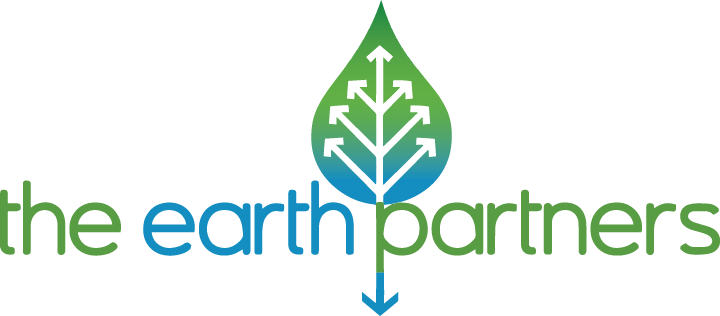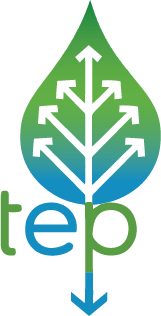Encroaching woody brush on rangelands in the Southwestern U.S. has resulted in the degradation of more than 100 million acres, impacting local hydrology, biodiversity, and agricultural productivity. The removal of woody brush on these historic grasslands helps increase grazing potential and reduces risk of catastrophic fire while enhancing soils, water resources, and habitat. It also produces a scalable, sustainable source of conservation biomass.
The Earth Partners enrolled over 700,000 acres across Texas and New Mexico in our brush management program for large-scale production of woodchips and wood pellets, with potential to support renewable energy and bioproducts. Though there are hundreds of millions of acres of this brush-infested land, only certain areas can be harvested and transported at a competitive cost. The Earth Partners identified these economically feasible areas, considering brush density, accessibility, property size, and proximity to transportation infrastructure.
This material has been successfully processed and tested in European power plants, where conservation biomass has received preferred sustainability status compared to more conventional biomass.

